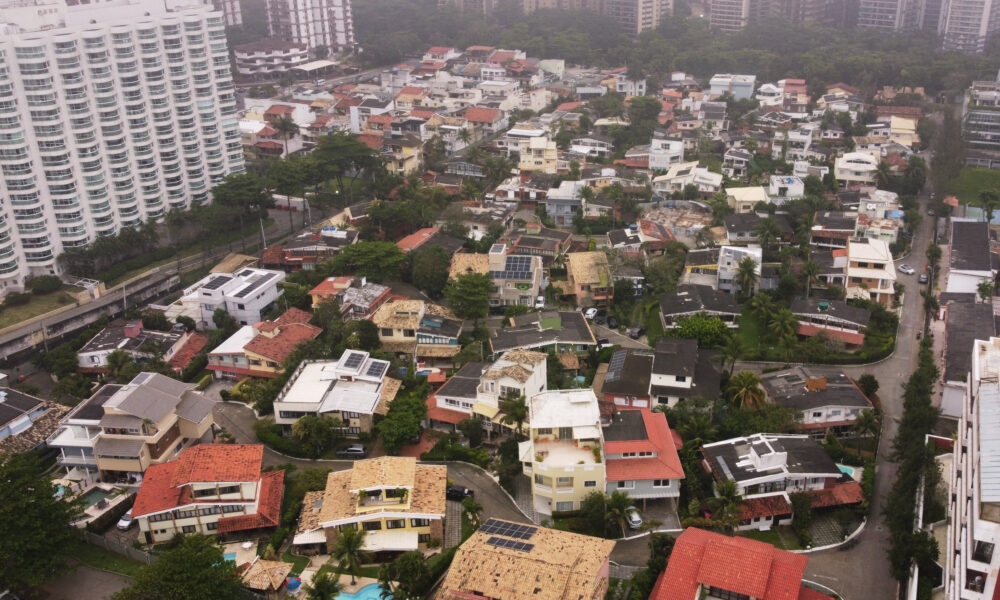International
Bolsonaro finds strong support in Rio’s ‘Brazilian Miami’
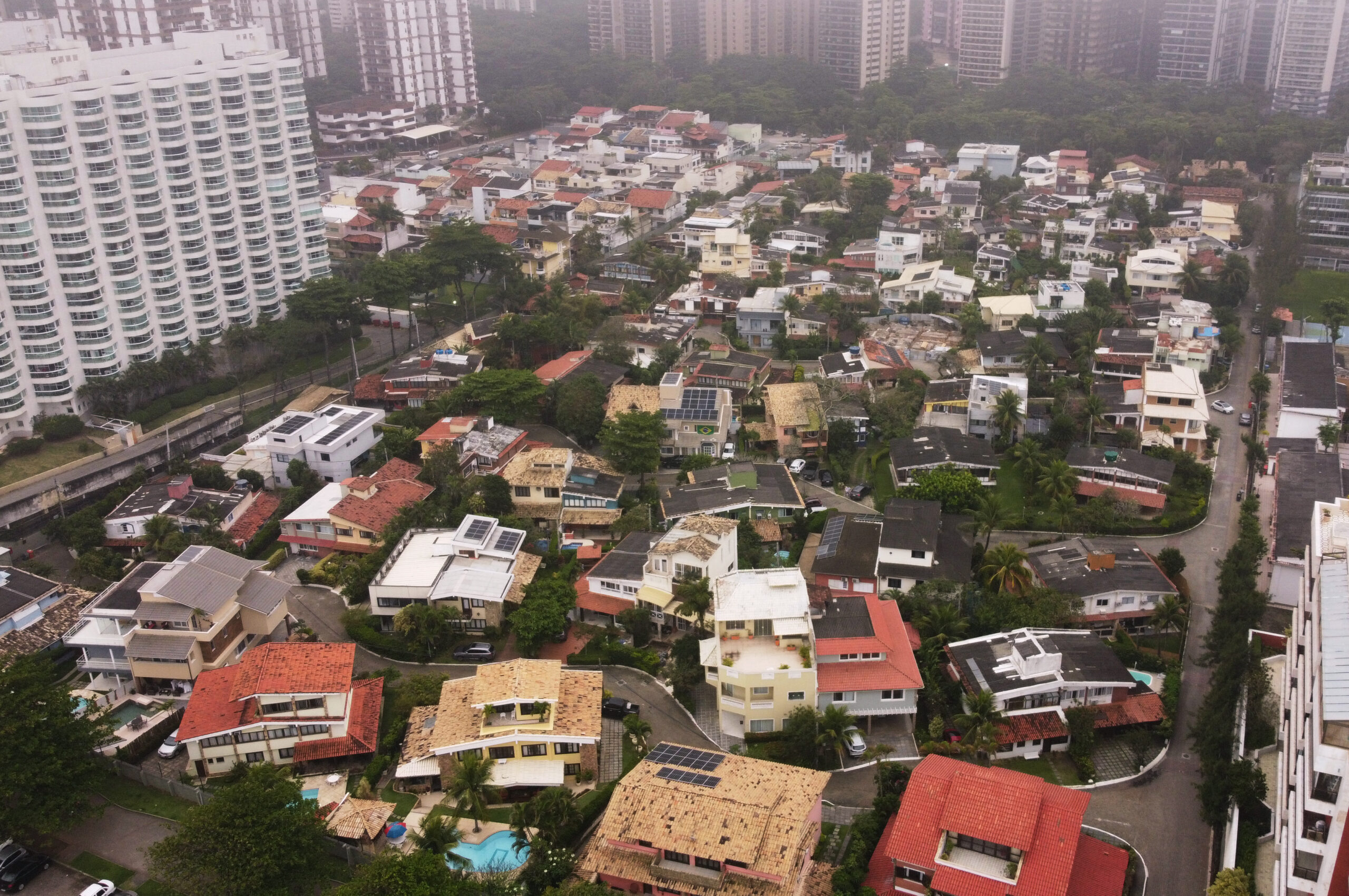
AFP | Eugenia Logiuratto
Posh-looking drivers in expensive cars are honking their horns on a beachfront avenue in Rio de Janeiro, blaring their approval at a vendor selling green-and-yellow Brazilian flags outside President Jair Bolsonaro’s former home.
Welcome to Barra da Tijuca, the neighborhood known as the “Brazilian Miami,” a bastion of support for the far-right incumbent as he fights to win reelection in his October 30 runoff battle against leftist ex-president Luiz Inacio Lula da Silva (2003-2010).
Known for its upscale shopping malls, gated communities and luxury condos with sweeping views of the emerald coastline, Barra voted heavily for Bolsonaro in the first-round election on October 2, when Lula took 48 percent of the vote nationwide, to 43 percent for the incumbent.
In Barra, Bolsonaro won 50 percent of the vote, to 37 percent for Lula — a preference visible in the abundance of Brazilian flags fluttering from the west-side neighborhood’s balconies, a symbol adopted by the president’s supporters.
“People here in Barra are very in sync with Bolsonaro ideologically. The majority of people support him, because there are a lot of businesspeople,” says resident Felipe Fontenelle, a 58-year-old entrepreneur who owns a communications security firm and stakes in two restaurants.
Lula, he warns, represents “communism.”
Developed in 1969 by renowned modernist urban planner Lucio Costa, Barra underwent a demographic boom in the 1980s, becoming a magnet for celebrities, politicians and the upwardly mobile as they sought a haven from the city’s violence.
Now home to some 135,000 people, its elite status was cemented when it was chosen as the site for the Olympic village for the 2016 Rio Games.
“It’s a neighborhood for the nouveau riche, especially people who believe in the idea of the self-made man: that they worked hard and succeeded,” says sociologist Paulo Gracino Junior of Candido Mendes University, calling it an enclave of executives, professionals and military top brass.
He points out it is also home to ex-cop Ronnie Lessa, a convicted arms trafficker who is the chief suspect in the 2018 killing of black LGBT activist and Rio city councillor Marielle Franco.
Lessa and Bolsonaro lived on the same street.
Bolsonaro’s hood
Bolsonaro, then a congressman representing Rio, moved to Barra with his family in the 2000s.
They still own the house they bought in Vivendas da Barra, a gated community that sits behind a cement wall topped with barbed wire.
The private condo has become a rallying point for Bolsonaro backers.
Visiting Rio from the southern state of Santa Catarina, retired lawyer Mirian Rebelo and her son Rodrigo, a dentist, stopped there to take selfies, both sporting Tommy Hilfiger T-shirts and sunglasses.
“I love the president’s focus on the family. And he doesn’t mince words. He speaks his mind,” says Mirian, 65.
“Every country deserves a Bolsonaro,” says Rodrigo, 41, praising the president’s “crackdown on corruption and the ideology of evil.”
Cacalo Matarazzo, a lawyer and jiu-jitsu teacher who lives next door to Bolsonaro’s condo complex, says he counts the president as a friend.
“Everyone here knows him well. He even invited me over for coffee before his inauguration” in 2019, says the stern, square-jawed 73-year-old, after proudly showing a series of photographs of himself with Bolsonaro on his cell phone.
“But it’s not just about Bolsonaro, it’s about a guy who’s fighting to build a better Brazil.”
Matarazzo is no fan of Lula, who makes a cameo among the Bolsonaro merch on sale out front.
There, the veteran leftist, who was jailed in 2018 on controversial, since-overturned corruption charges, appears in effigy as an inflatable doll in a prison uniform.
International
Japan reopens Kashiwazaki-Kariwa Plant despite public concerns
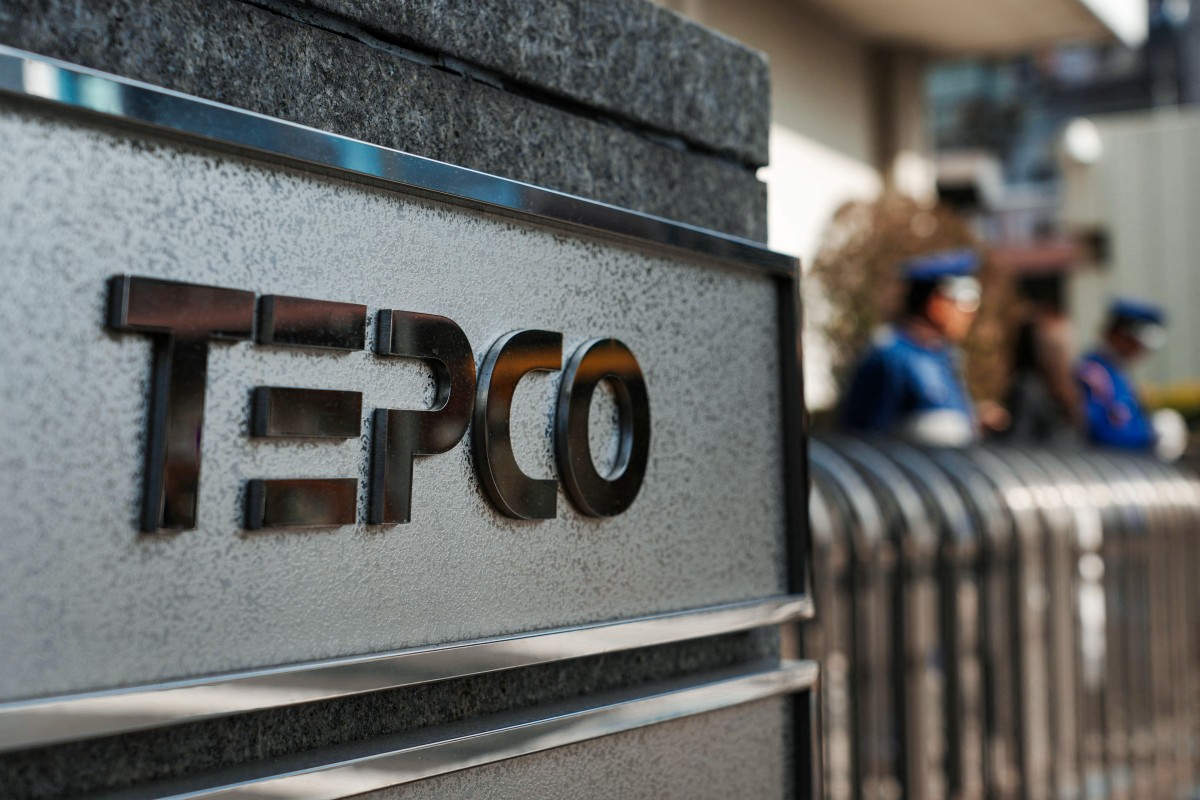
La centrale nucléaire japonaise de Kashiwazaki-Kariwa, la plus grande au monde, a repris ses activités mercredi pour la première fois depuis la catastrophe de Fukushima en 2011, malgré les inquiétudes persistantes d’une partie de la population.
La remise en service a eu lieu à 19h02 heure locale (10h02 GMT), a indiqué à l’AFP Tatsuya Matoba, porte-parole de la compagnie Tokyo Electric Power (Tepco).
Le gouverneur de la préfecture de Niigata, où se situe la centrale, avait donné son feu vert à la reprise le mois dernier, en dépit d’une opinion publique divisée. Selon une enquête menée en septembre par la préfecture elle-même, 60 % des habitants se déclaraient opposés au redémarrage, contre 37 % favorables.
Mardi, plusieurs dizaines de manifestants ont bravé le froid et la neige pour protester près de l’entrée du site, sur les rives de la mer du Japon.
« L’électricité de Tokyo est produite à Kashiwazaki. Pourquoi seuls les habitants d’ici devraient-ils être exposés au danger ? Cela n’a aucun sens », a déclaré à l’AFP Yumiko Abe, une riveraine de 73 ans.
La centrale de Kashiwazaki-Kariwa avait été mise à l’arrêt lorsque le Japon a fermé l’ensemble de ses réacteurs nucléaires à la suite du triple désastre de mars 2011 — un séisme, un tsunami et un accident nucléaire — survenu à Fukushima.
International
Markets rise as Trump halts Europe tariffs and floats Greenland agreement framework
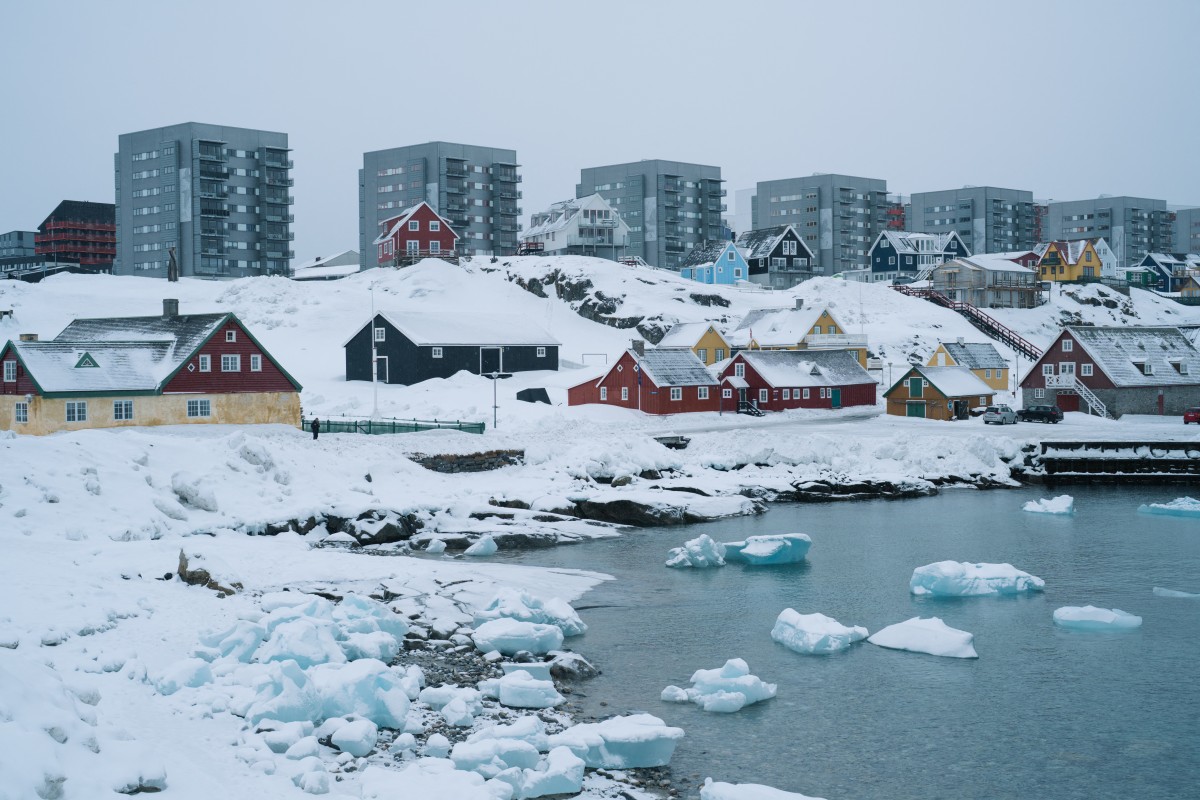
U.S. President Donald Trump on Wednesday lifted his threat to impose new tariffs on several European countries and said he had outlined the framework of a future agreement on Greenland during a meeting in Davos with NATO Secretary General Mark Rutte.
“Based on this understanding, I will not impose the tariffs that were scheduled to take effect on February 1,” Trump wrote on his social media platform Truth Social, without providing details about the proposed “framework.”
The announcement boosted financial markets. Wall Street, which had been trading slightly higher, extended its gains following Trump’s message, while the U.S. dollar strengthened against the euro.
Trump has repeatedly insisted that Greenland, rich in mineral resources, is ‘vital’ to the security of the United States and NATO, particularly as Arctic ice melts and global powers compete for strategic advantage in the region amid rising tensions with China and Russia.
Last week, the U.S. president threatened to impose tariffs of up to 25% on eight European countries for supporting Denmark and sending a military exploratory mission to Greenland. All of the targeted countries are NATO members, including the United Kingdom, Germany, and France, Europe’s largest economies.
Trump said on Wednesday that additional discussions are underway regarding the “Golden Dome” missile defense system, specifically in connection with Greenland.
He assigned Vice President JD Vance, Secretary of State Marco Rubio, and special envoy Steve Witkoff to lead the negotiations.
Hours before his post, Trump ruled out the use of force to seize Greenland for the first time, but demanded “immediate negotiations” for its acquisition, reiterating his view that only the United States can guarantee the security of the Arctic island.
International
Venezuela’s interim president predicts 37% increase in revenues for 2026
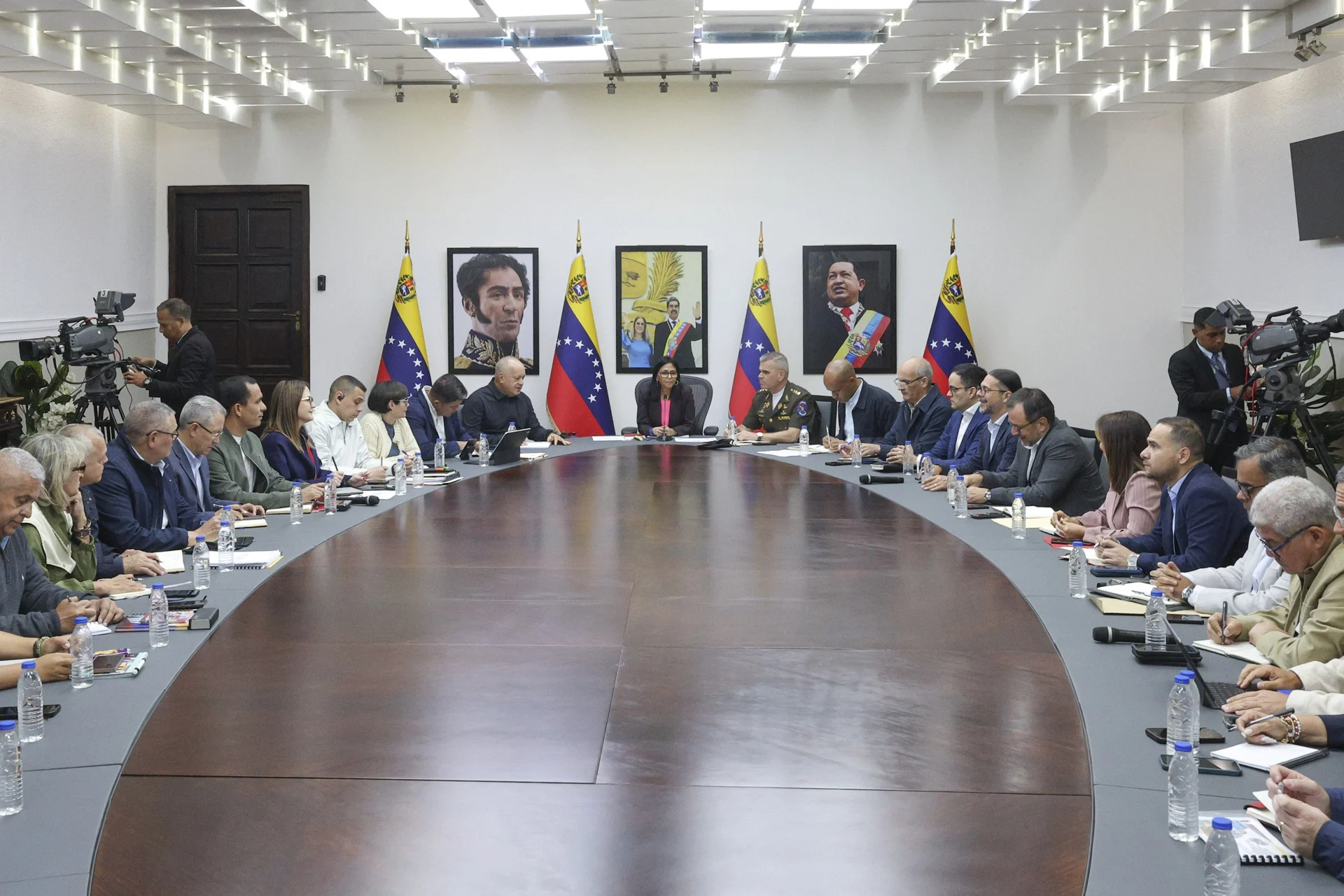
Venezuela’s interim president, Delcy Rodríguez, said Wednesday that the country’s revenues are expected to increase by about 37% in 2026, in a statement made during a session of the Federal Government Council at the Miraflores Presidential Palace in Caracas.
Rodríguez said the projected rise in foreign currency income comes as agreements on Venezuelan oil sales with the United States are being implemented, including deals in which Washington will trade Venezuelan crude and manage the proceeds before transferring funds to Caracas.
“This year, revenues expressed in foreign currency will increase by 37%,” Rodríguez declared, according to EFE. She noted that the increase will also benefit regional governments and local authorities. “You will have more resources for your management, which I know you need,” she added.
Rodríguez said the distribution formula for revenues will remain the same as in 2025: 53% for communes, 29% for state governments, 15% for municipalities, and 3% for institutional strengthening. She also said the government would intervene to “correct imbalances” in how funds are allocated, particularly among some municipal and regional authorities.
The announcement follows reporting that Venezuela received at least $300 million from oil revenues tied to a U.S.–Venezuela deal that could involve up to 50 million barrels of crude. Washington officials have said the interim government met U.S. requirements under the agreement.
-

 Central America4 days ago
Central America4 days agoGuatemala raises police death toll to nine after gang violence escalates
-

 International4 days ago
International4 days agoDeath toll from southern Spain train crash rises to 40
-
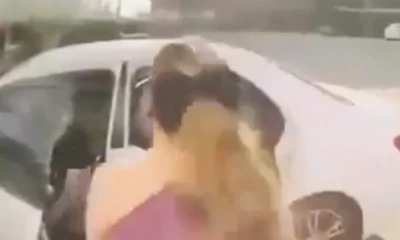
 International2 days ago
International2 days agoMexican influencer “La Nicholette” kidnapped in exclusive area of Culiacán
-

 Central America5 days ago
Central America5 days agoGuatemala prison uprisings leave 46 guards held by gangs
-

 International4 days ago
International4 days agoOver 160 christian worshippers kidnapped in Kaduna Church attacks
-
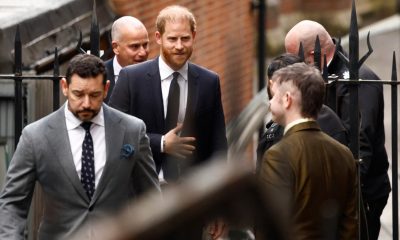
 International3 days ago
International3 days agoDaily Mail publisher insists reports relied on legitimate sources amid privacy trial
-
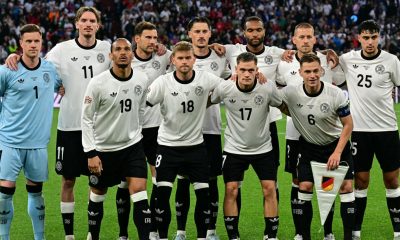
 International3 days ago
International3 days agoGermany says football bodies alone will decide on possible World Cup boycott
-

 International5 days ago
International5 days agoChile declares state of catastrophe as wildfires rage in Ñuble and Biobío
-

 International2 days ago
International2 days agoMajor winter storm to blanket U.S. and Canada with snow, ice and arctic cold
-

 International2 days ago
International2 days agoTrump announces preliminary NATO agreement on Greenland, suspends tariffs on Europe
-

 Central America1 day ago
Central America1 day agoMazatenango Carnival cancelled amid State of Siege in Guatemala
-

 International1 day ago
International1 day agoMarkets rise as Trump halts Europe tariffs and floats Greenland agreement framework
-

 International4 days ago
International4 days agoSpain’s Prime Minister pledges transparency after train crash kills at least 39
-

 International1 day ago
International1 day agoVenezuela’s interim president predicts 37% increase in revenues for 2026
-
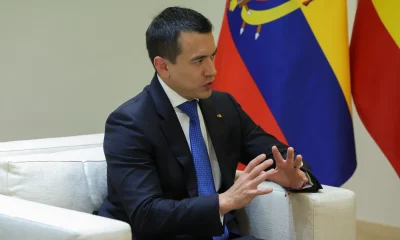
 International2 days ago
International2 days agoColombia slams Ecuador’s 30% tariff as ‘economic aggression’
-

 International1 day ago
International1 day agoTrump to invite Venezuela’s interim president Delcy Rodríguez to Washington
-

 International1 day ago
International1 day agoJapan reopens Kashiwazaki-Kariwa Plant despite public concerns
-

 International1 day ago
International1 day agoFour minors killed in deadly clash between FARC dissidents in Colombia’s Amazon
-
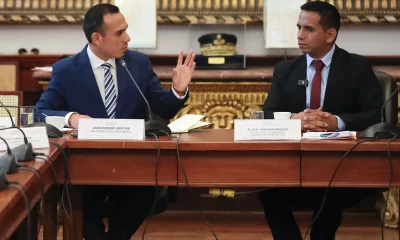
 International2 days ago
International2 days agoJosé Jerí claims destabilization attempt after videos of secretive meetings surface













